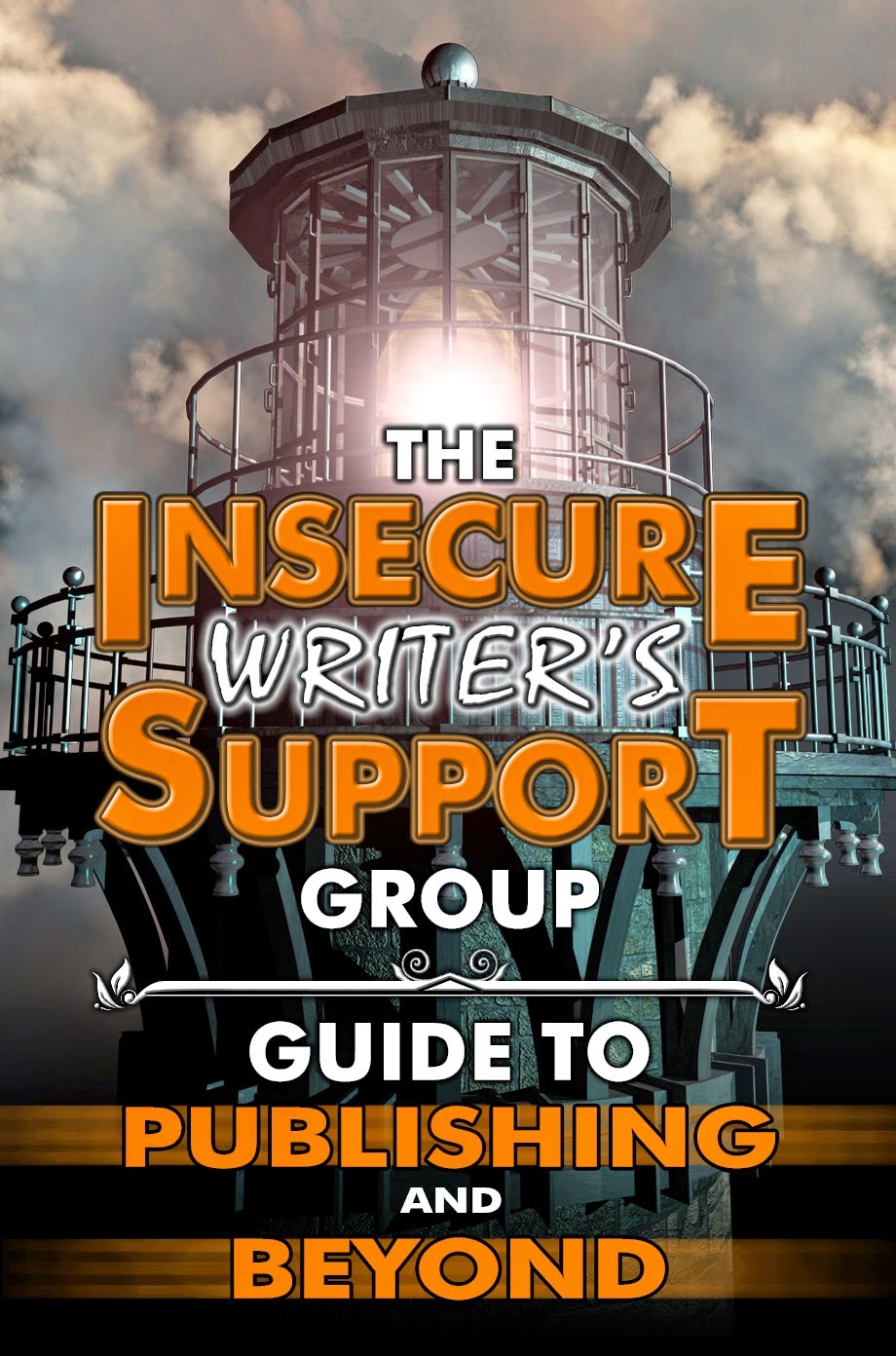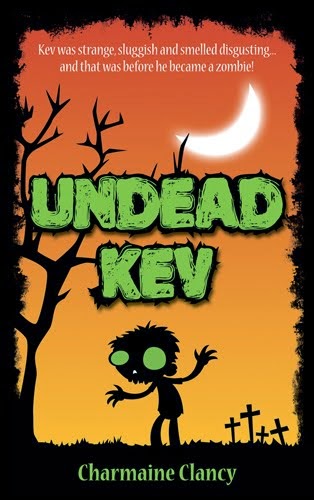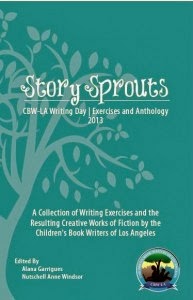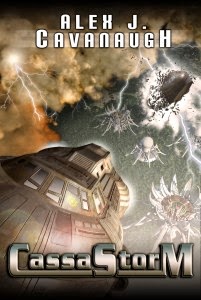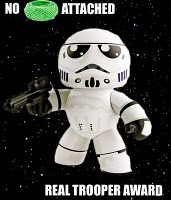Having received some interest in Minimalism (mentioned in my last post), I thought I’d share this minimalist writing technique for making verbs more active and immediate. It is an approach I picked up from The Cult Writer’s Workshop, part of Chuck Palahniuk’s Official Fansite (this is a paid membership online workshop that costs about $40/year. It was certainly worth the money back when I was a member. Any current active members, please let me know how things are going).
Unpacking Verbs
There are time when it’s obvious an adverb is unnecessary.
He ran quickly to the phone. It’s redundant to have quickly in there, running already implies speed, so you should cut it out. He ran to the phone.
Sometimes it’s perfectly fine to use an adverb (no, really , it is). An adverb is a modifier, and if you’re modifying the verb in an unexpected way that changes the meaning of the verb it can be a useful tool. Examples:
She smiled sadly.
His arm was partially severed.
He whispered loudly.
But most times the adverb is modifying the verb in a way that there is already another word for. Examples:

















